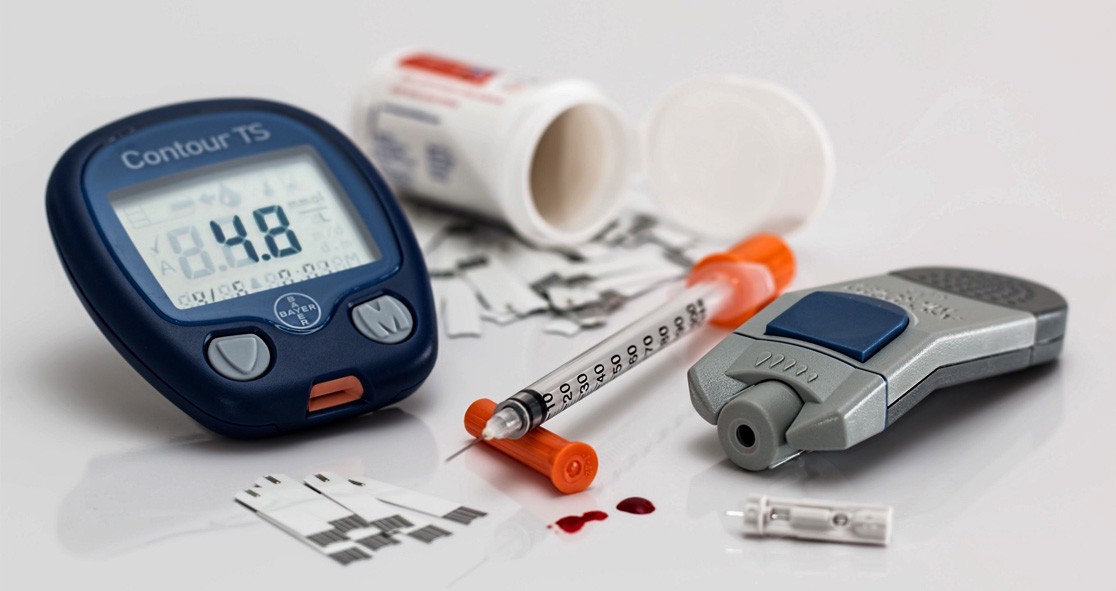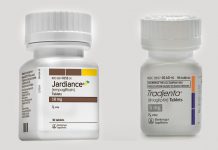Over 40 medical professionals and legal experts have approved the first guidance to allow people with type 1 diabetes to use Do-it-Yourself (DIY) technology-driven systems to manage their condition, according to Medical Xpress.
The paper, co-led by the researchers of King’s College London (KCL) and Guy’s and St Thomas’ NHS Foundation Trust, updates guidelines that allow medical professionals to support DIY artificial pancreas systems as one of the safe and effective treatment options for people with type 1 diabetes.
The paper was published in The Lancet Diabetes & Endocrinology, which is endorsed by nine professional diabetes organizations including the International Diabetes Federation.
Patients who are using the technology have said that it has been a “revolution and a revelation,” having a positive impact on their overall health.
The study co-lead Dr. Sufyan Hussain of KCL, who has been living with type 1 diabetes for more than 30 years, said, “The medical and legal position of do-it-yourself and citizen science approaches have been subject to a lot of debate and uncertainty.”
“This paper not only clarifies the position for do-it-yourself artificial pancreas systems in diabetes as a safe and effective treatment but sets a precedent for achieving an international professional consensus for other treatments based on user-driven do-it-yourself technologies and innovations,” he added.
Also called open-source Automated Insulin Delivery (AID) systems, the DIY systems automatically adjust insulin dosing in response to continuous sensor glucose, insulin pump data, and additional information using community-generated algorithms, meaning the algorithm can calculate the dosage and administer the dose automatically through conventional insulin pumps, according to Medical Xpress.
The authors of the paper noted that such systems help reduce both hypoglycemia and hyperglycemia. Also, the systems can help improve glycemic and long-term health outcomes, reducing diabetes distress and burden, and improving sleep quality.
Hilary Nathan, Policy and Communications Director, JDRF UK (Juvenile Diabetes Research Foundation), said, “JDRF UK welcomes this international consensus which is profoundly important to people who use Do-It-Yourself technology systems to manage their type 1 diabetes.”
“This international guidance has wider implications: citizen-led science has been shown to up-end the traditional treatment pathway which is traditionally research trials, followed by regulatory approval, followed by clinical guidance and then patient uptake,” she added.
“Dr. Hussain’s work provides a new blueprint in developing an international consensus for healthcare guidance in the field of citizen and user development of health treatment technology.”





















